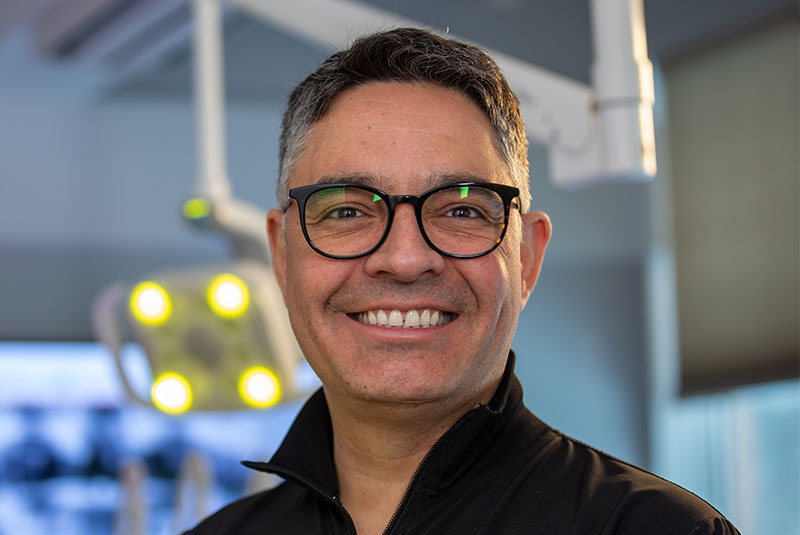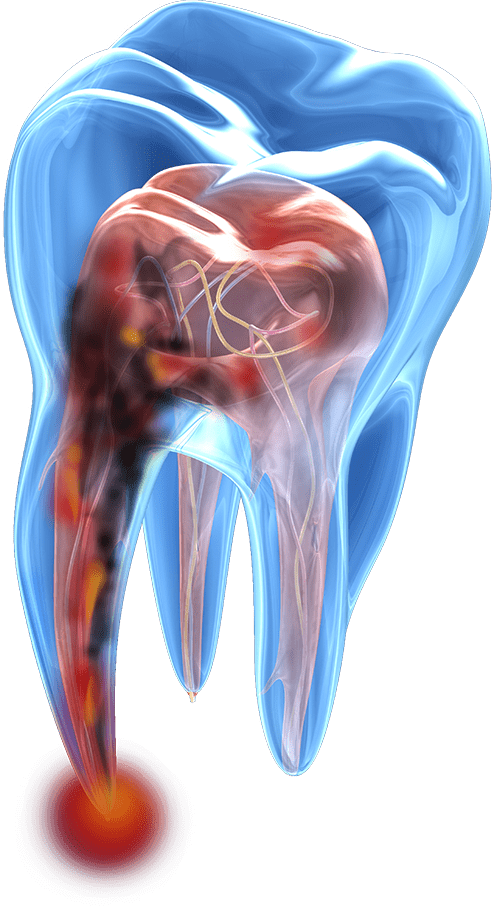

When most people hear the word “endodontics,” the first thing that comes to mind is a root canal treatment. While it’s true that endodontists perform more root canals than any other procedure (more than 41,000 root canal procedures are performed each day, which adds up to more than 15 million root canals every year!), they do so much more! From emergency care to saving knocked-out teeth and from bone grafts to tissue regeneration, endodontists like our endodontist in East Lansing, MI are invaluable when you’re in pain. We use standard sedative forms, including oral, nitrous oxide and IV sedation to guarantee patient comfort.
If you have bleeding gums, reach out to our experienced team at Elan Dental Group, we can help.

Root canal treatment is designed to eliminate bacteria from an infected root canal, to prevent reinfection of the tooth, and to save the natural tooth. When one
undergoes a root canal treatment, the inflamed or infected pulp is removed and the
inside of the tooth is carefully cleaned and disinfected, then filled and sealed.
Tooth pain is the most common reason for dental visits. Elan Dental Group’s family of patients has come to expect excellence when treating severe tooth pain associated with an infection of the tooth pulp (composed of nerves, blood vessels, and other tissues) located at the center of all teeth. The pulp is generally protected by the enamel crown. If the crown is cracked or damaged from decay, an inflammation called “pulpitis” results, requiring the specialized skills of an endodontist. The endodontist’s primary focus is treating pulpitis, inflammation of the pulp and surrounding tissue, preserving the natural tooth, and restoring oral health. The standard treatment to resolve pulpitis or tooth pain is a root canal.
A healthy pulp’s normal function in our early years ensures proper dental development. In adults, healthy pulp supplies nutrients, fibrin albumin (a rich water-soluble protein important as a transfer agent of essential minerals), and tooth innervation (enabling cold and hot sensations). If exposed, it becomes vulnerable to bacteria and infections. And left untreated, the pulp nerve cells die, and the infection spreads to the surrounding tissues. The treatment of infected pulp or pulpitis is a root canal procedure from an endodontist.


